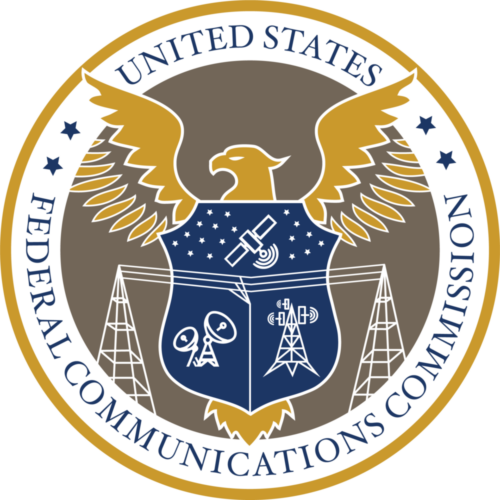
FCC Chairwoman Jessica Rosenworcel’s final two Open Commission Meetings will carry some consequence for radio broadcasters. As Republicans take charge on Capitol Hill, FM geotargeting and media rule changes are on the docket in November and December.
President-elect Donald Trump announced at the beginning of the week that senior Republican Commissioner Brendan Carr will serve as FCC Chairman in his upcoming administration.
Before then, the FCC is set to vote on November 21 to determine if FM booster stations can originate geotargeted programming beyond the experimental basis currently allowed under GeoBroadcast Services’ ZoneCasting technology. Chairwoman Rosenworcel explained the proposal’s intent, stating, “By using booster stations to air programming different from their primary station, FM broadcasters can now deliver customized content to specific parts of their service areas.”
In April, the FCC unanimously approved the experimental use of geo-targeted content through FM boosters, pending the adoption of specific rules under a Further Notice of Proposed Rulemaking. At tomorrow’s meeting, Commissioners will likely vote to solidify these rules for permanent adoption.
As for December, Rosenworcel’s agenda includes media rule updates. “This Commission will vote to update several broadcast radio and TV rules to better reflect current application processing requirements, clarify ambiguity, and remove references to outdated procedures and legacy filing systems. These changes would help ensure that the Commission’s rules are accurate, reducing potential confusion among the public, applicants, licensees, and practitioners, and alleviating unnecessary burdens,” she wrote.
While not specific, these changes will likely wrap up the remainder of the Commission’s bipartisan rulemaking for the legislative term. GOP leaders, including House Energy and Commerce Committee Chair Cathy McMorris Rodgers and Texas Senator Ted Cruz, called on FCC Chairwoman Jessica Rosenworcel to pause work on partisan or controversial issues during the transition period.
This would rule out the controversial NPRM that would require broadcasters to disclose the use of artificial intelligence in political advertisements on radio and television. This initiative has been panned by both Republicans and many in the broadcast industry.









